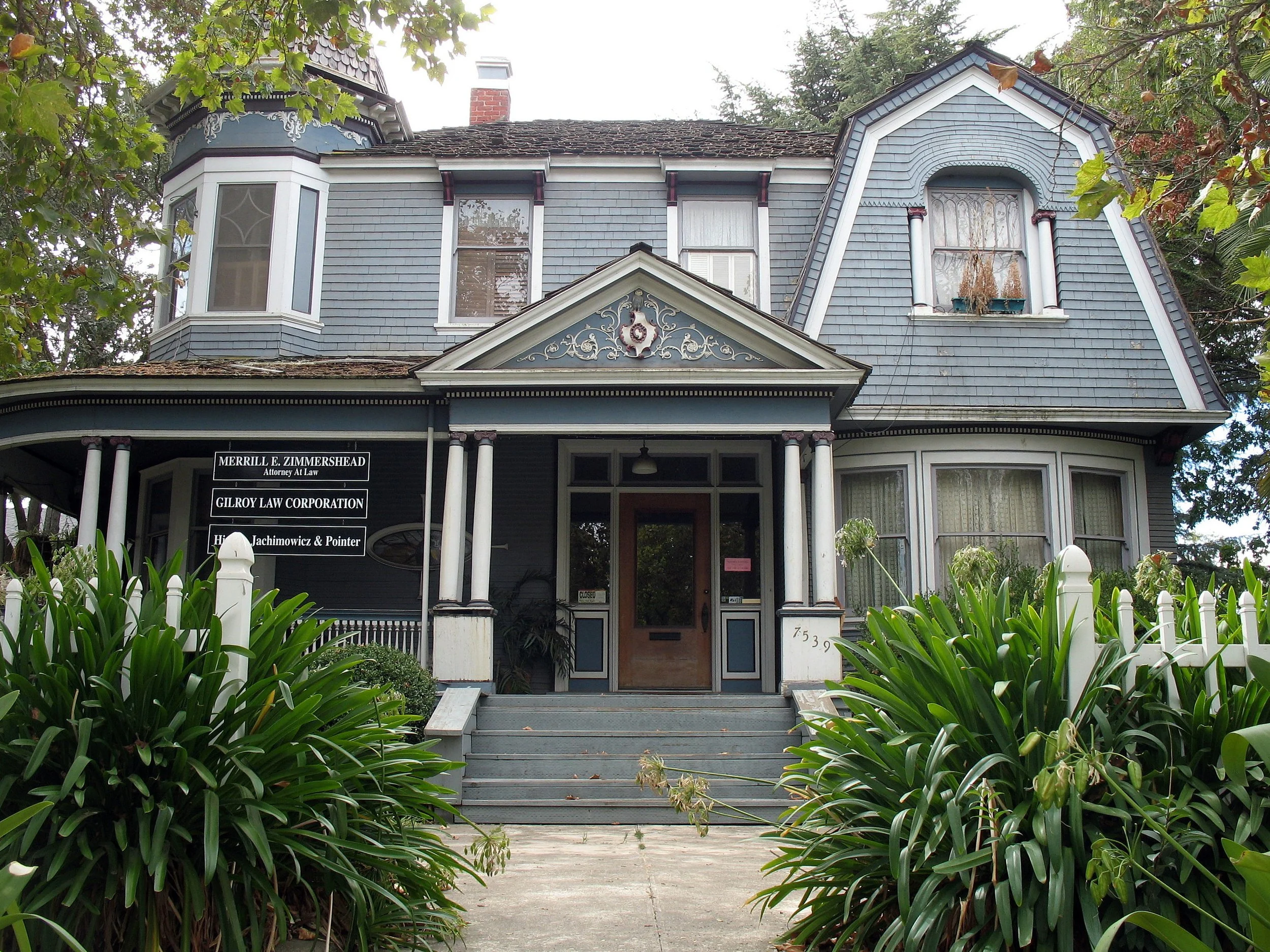Foundation for Individual Rights and Expression (FIRE) litigation fellow Jessie Appleby discusses Palsgaard v. Christian in this Opp Now exclusive: how local community colleges' required DEI statements force State-sanctioned speech, and why they should be challenged by folks of all political stripes.
Read MoreFormer political strategist Richard Maher is president of the San Francisco Young Republicans and has worked to build the once-flatlining social club into a robust, engaged conservative community. Opp Now exclusively asked Maher to unpack the tricks of the trade when it comes to reaching youth who question the ascendant hard-Left worldview—especially when many are U-Hauling it elsewhere.
Read MoreArizona's public colleges just bid adieu to requiring DEI statements in the application process; and two CA lawsuits could change things up for local professors. SJSU Anthropology prof and National Association of Scholars board member Elizabeth Weiss breaks down these developments—and what's turning people off the once-universally lauded DEI statements. An Opp Now exclusive.
Read MoreTim Rosenberger, Jr., former president of the Federalist Society's Stanford chapter, analyzes the ABA's suggestion that colleges develop policy against “disruptive behavior that hinders free expression.” They mean well, says TJR, but fiascos like the Judge Duncan Incident will only stop if institutions take a firm stand. The ABA Journal's press release, and TJR's Opp Now exclusive statement, below.
Read MoreIn this Opp Now exclusive, Austrian and former White House economist Mike ter Maat unpacks SCC and Supe Ellenberg's latest guaranteed basic income press release—which announces upcoming payouts for young moms, unhoused students, and “justice-involved” residents. Ter Maat argues: Access to capital won't address underlying causes of poverty—and it's “deceptive” to dip into emergency taxes for initiatives that aren't empirically supported.
Read MoreHomeless advocates often misread and misinterpret the Martin v Boise legal decision as suggesting that cities can't get rid of dangerous and unsanitary homeless encampments until some magical number of beds are available. The City of San Diego is leading the way in California with their no-camping ordinance. Irene Smith, president and co-founder of Independent Leadership Group, summarizes and explains SD's ordinance and its relevance to Santa Clara County in this Opp Now exclusive.
Read MoreSoCal's Fox & Hounds Daily editor-in-chief and former Howard Jarvis Taxpayers Association president Joel Fox wonders—following SJ's controversial handshake agreement with Labor—if our pension debt will become less manageable moving forward. An Opp Now exclusive.
Read MoreIt's no secret that Bay Area residents are rapidly transitioning away from BART: overruled by anarchy, inefficiency, and ballooning expenses wreaking havoc on the foreseeable future. However, argues transit analyst Tom Rubin, it's not time to throw in the towel and abandon BART for a discrete system—for several reasons. An Opp Now exclusive.
Read MoreSJ City votes to accede to union demands for a gold-plated contract—even without a strike. Now the big question raises its head: What gets cut to fund union demands? Pat Waite of Citizens for Fiscal Responsibility sees choppy waters ahead. An Opp Now exclusive.
Read MoreCalifornia public transit expert Tom Rubin tackles, point by point, why planned BART extensions to DTSJ and Eastridge may be technically possible but won't deliver on key promises. An Opp Now exclusive.
Read MoreWith over four decades in the transit industry, former SoCal Rapid Transit District CFO Tom Rubin has consulted for and studied a plethora of high-profile projects in and beyond California. In this Opp Now exclusive, Rubin analyzes California High-Speed Rail: why the math just can't justify it, the myth of reduced GHG emissions, and what's keeping CA (despite failure after failure) from surrendering a mea culpa.
Read MoreIn this Opp Now exclusive, Marie Blankley—mayor of Gilroy since elected in 2020—deconstructs why CA Housing Elements' top-down artificial housing mandate targets don't improve issues of supply, affordability, and meaningful urban design.
Read More











